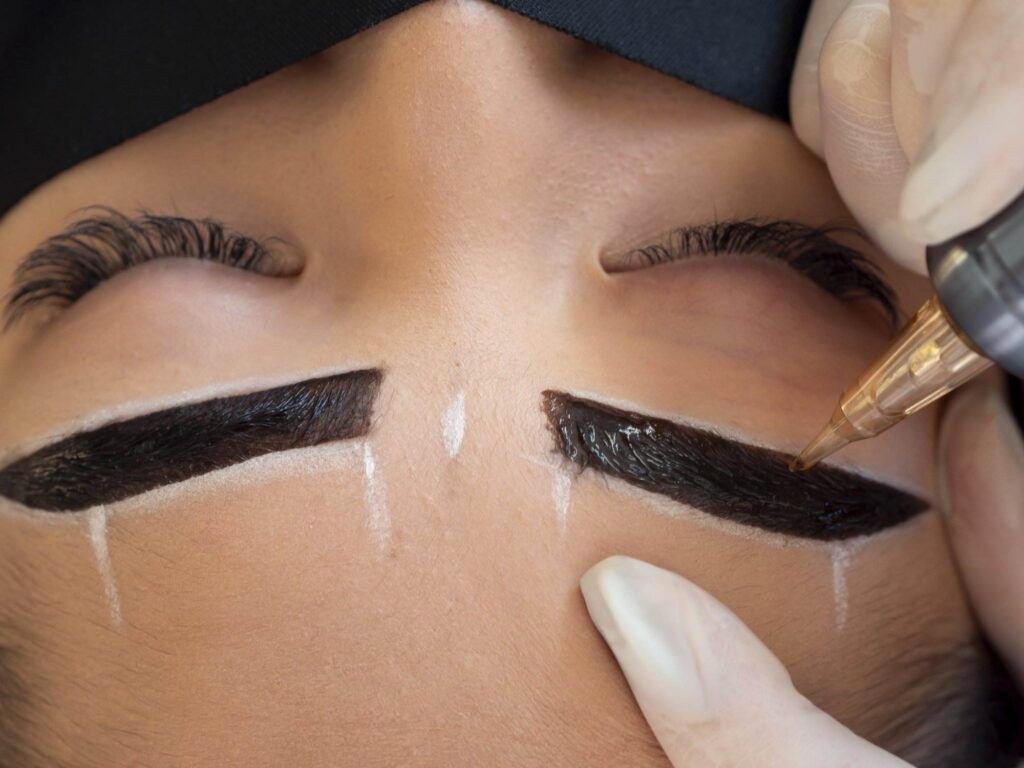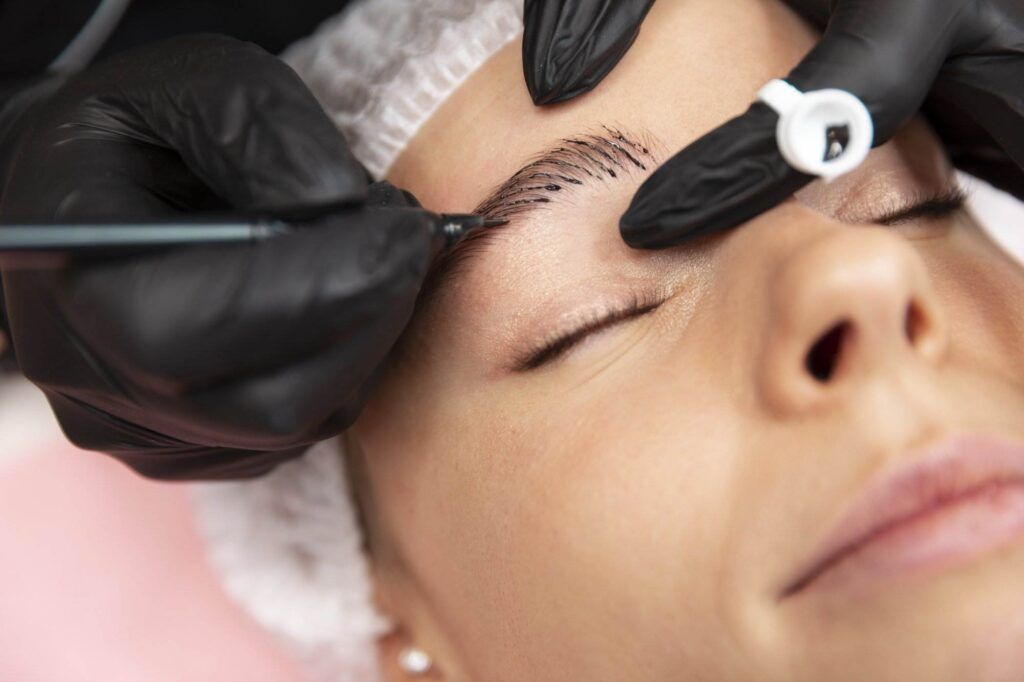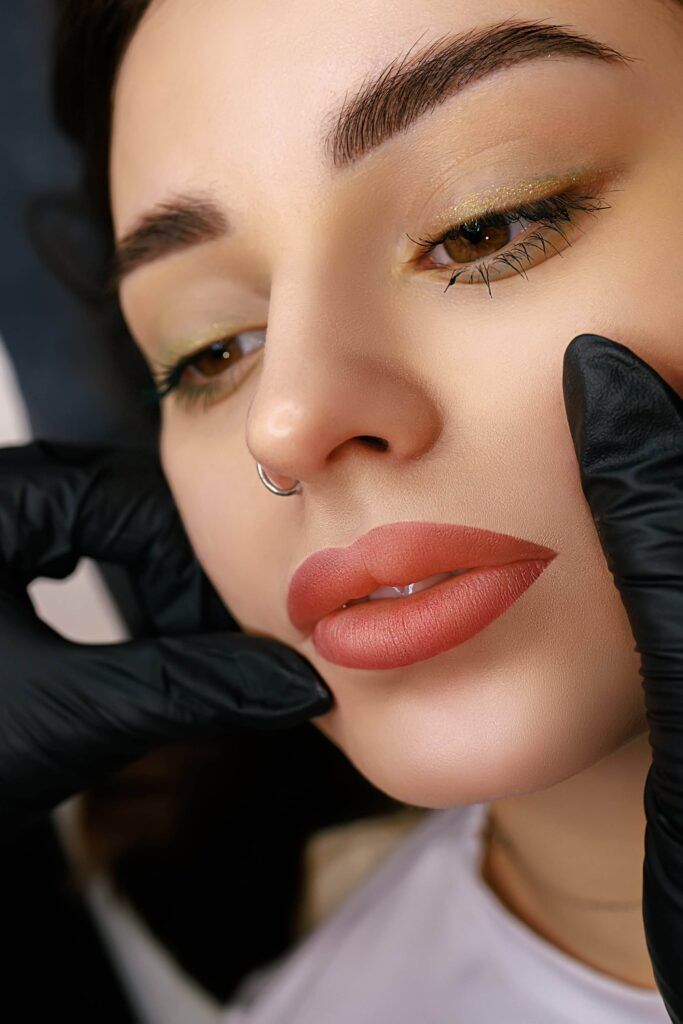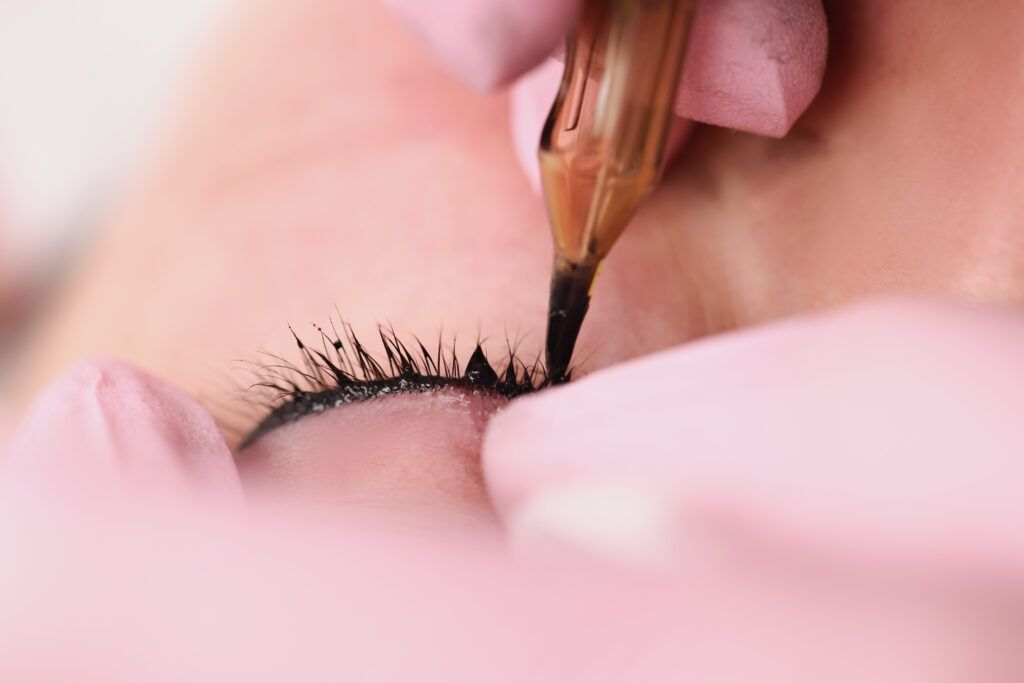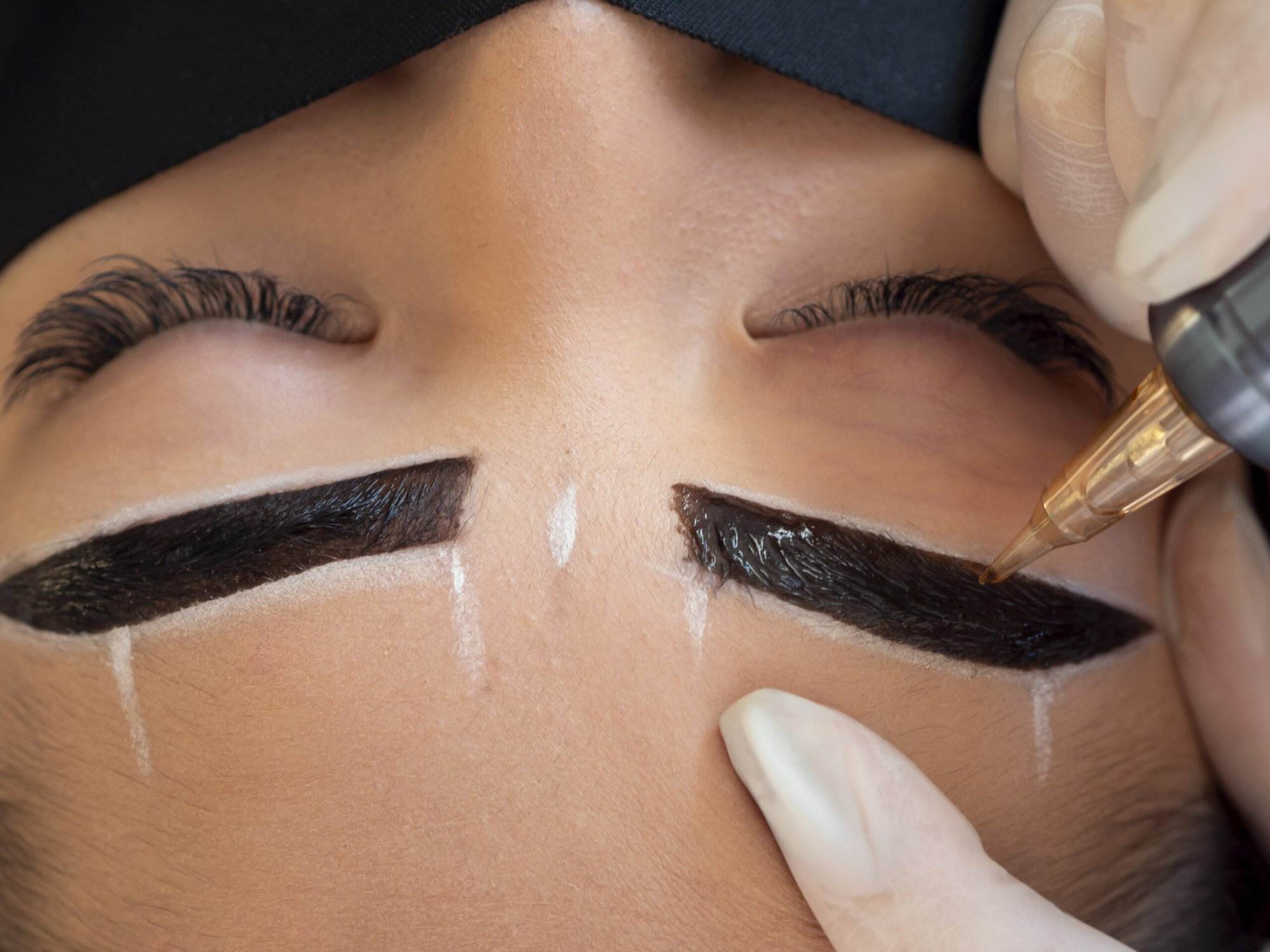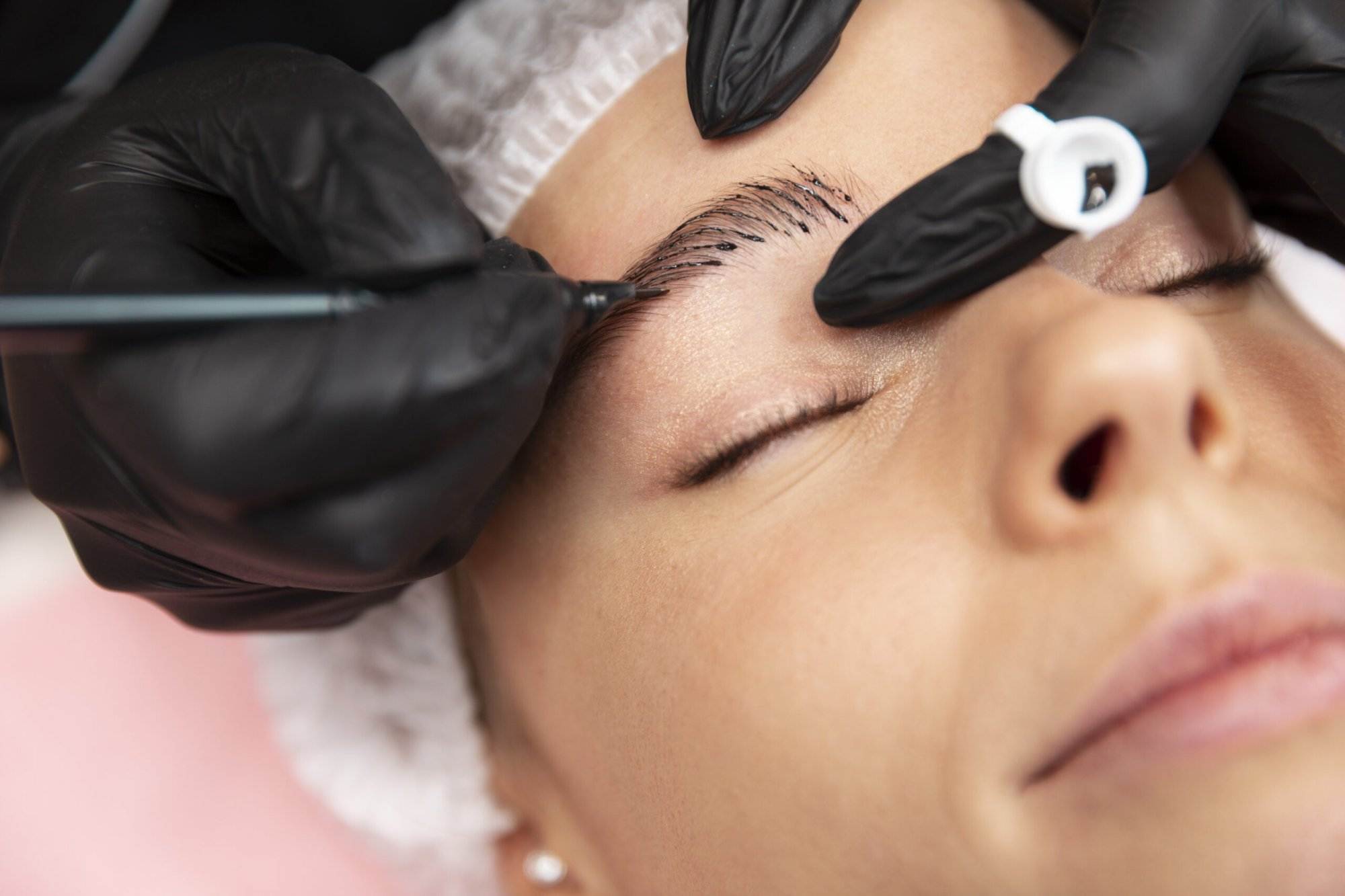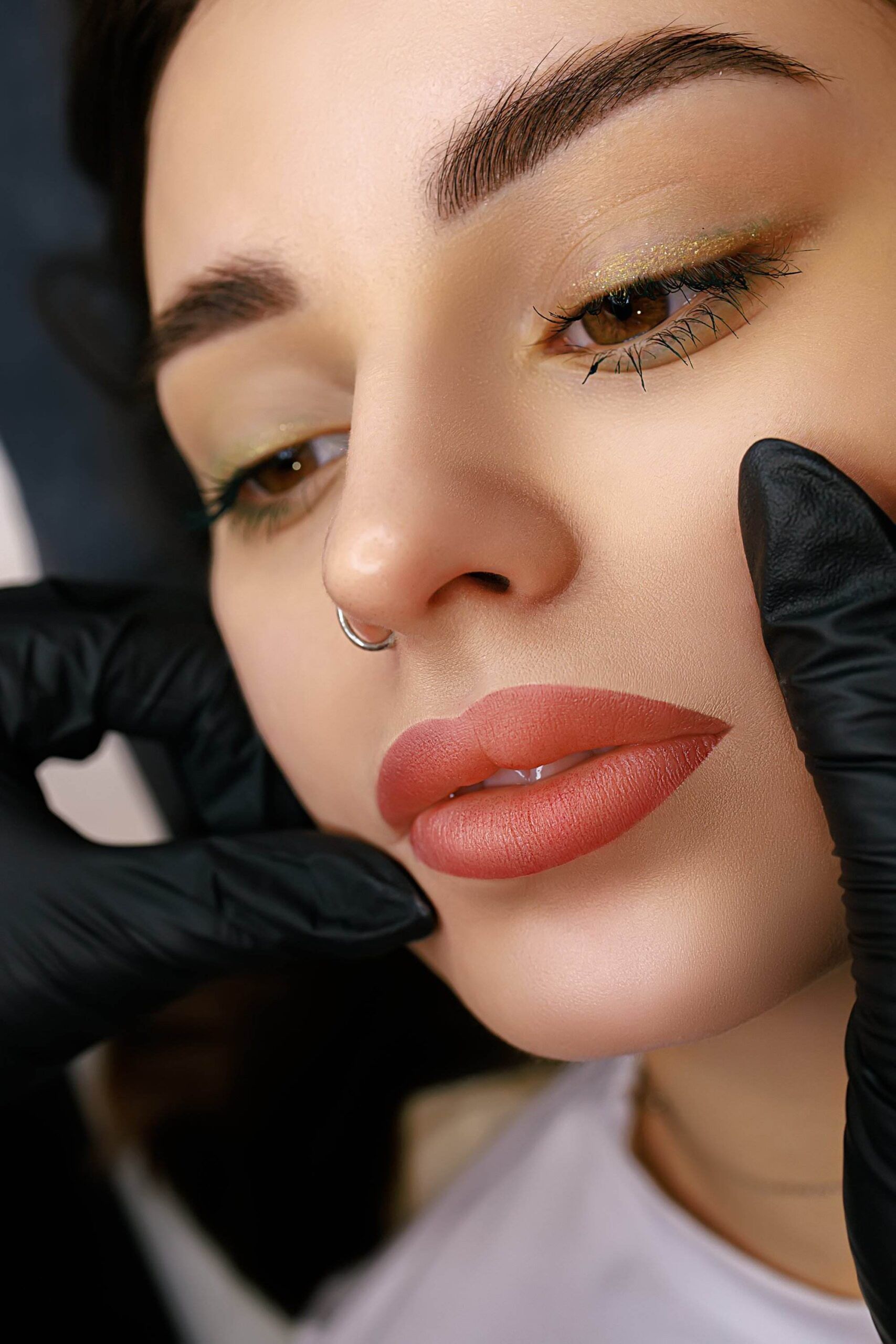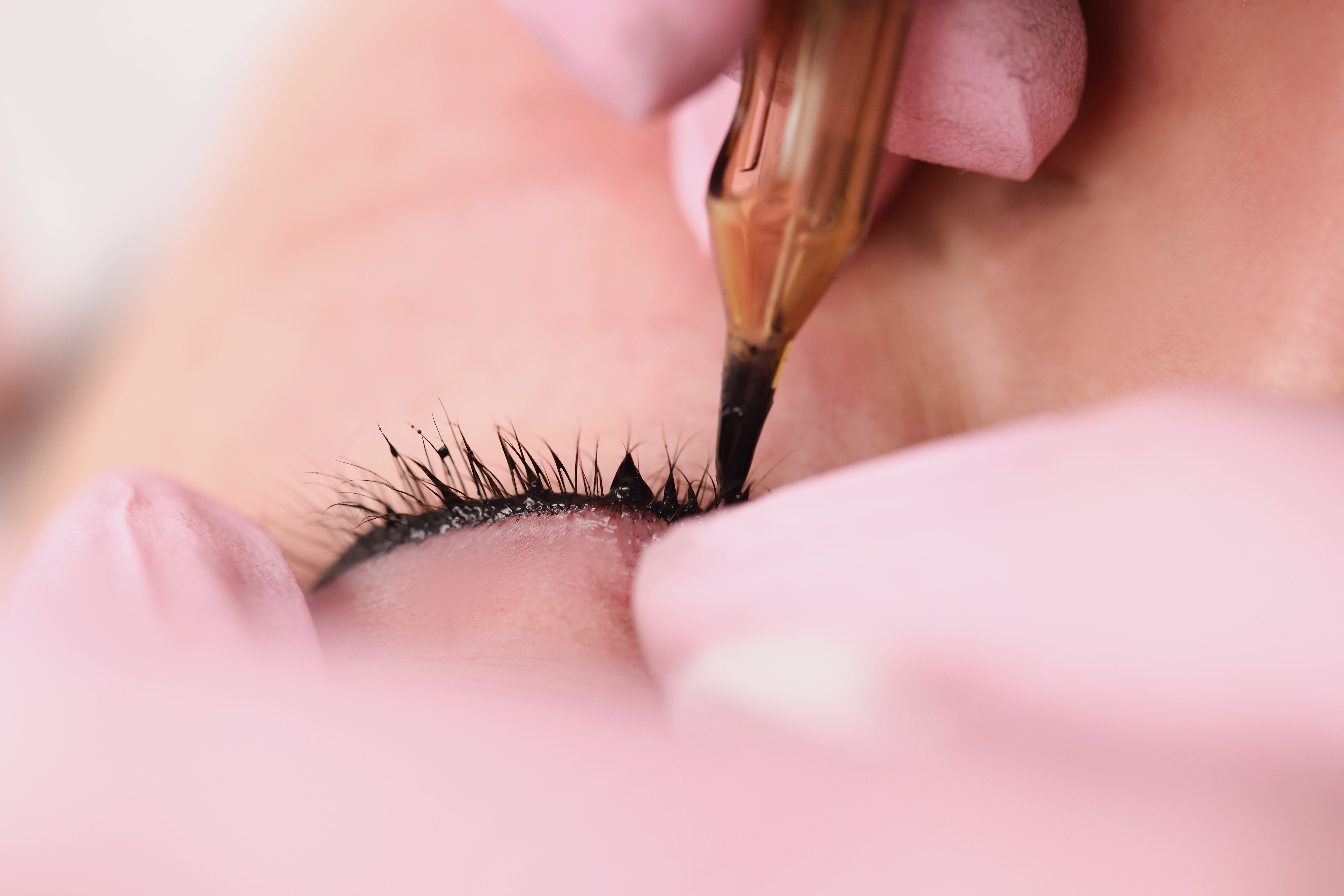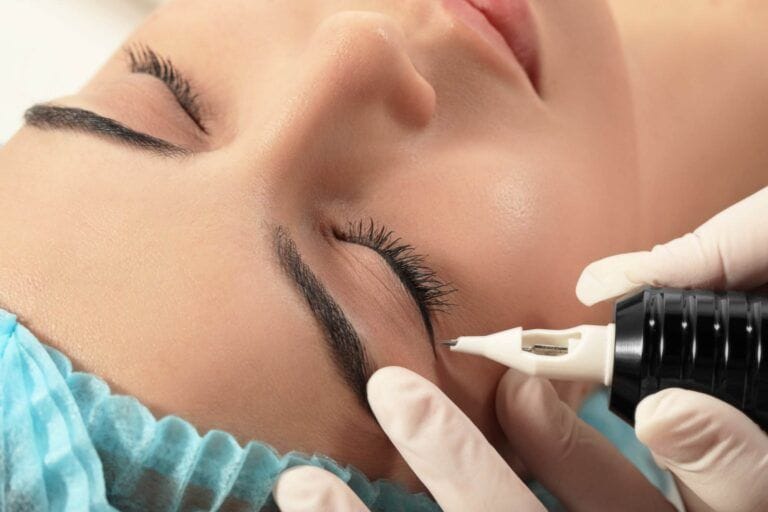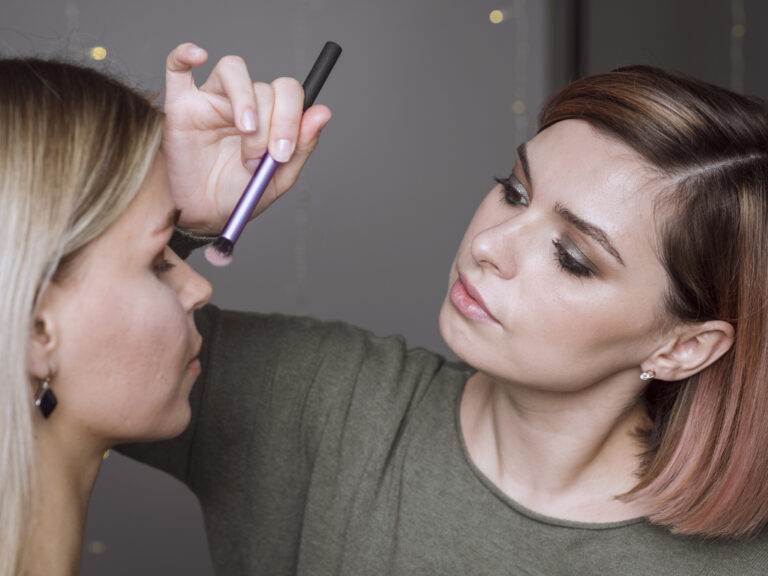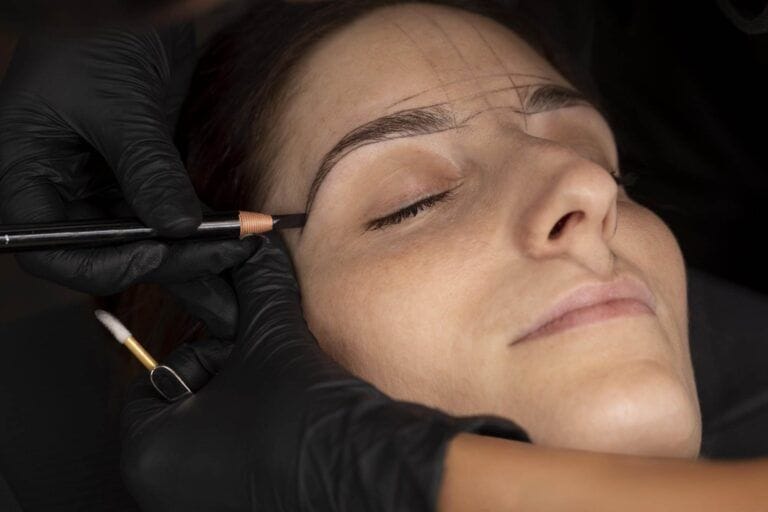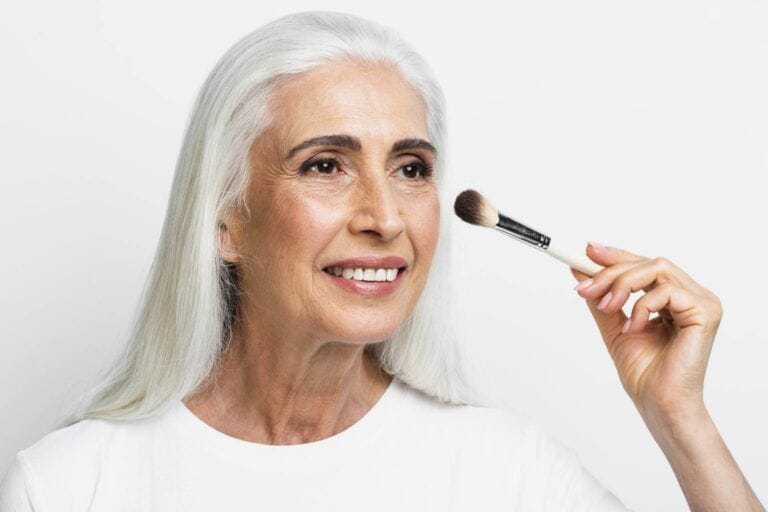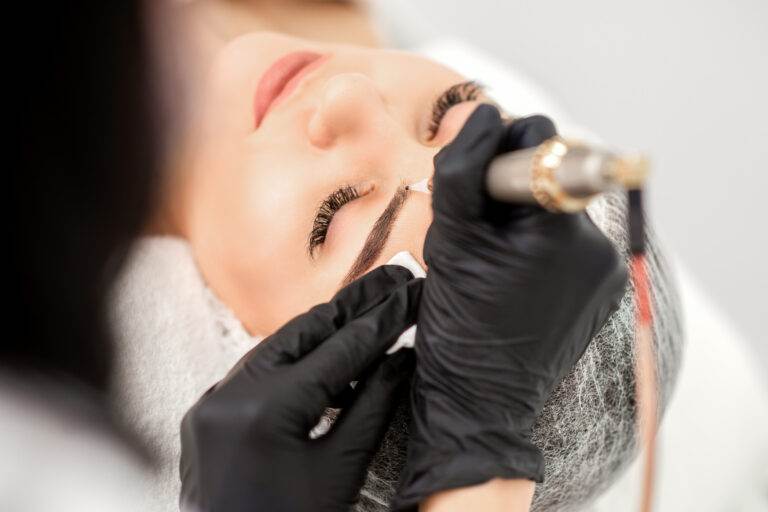Introduction
Aftercare is an essential part of the cosmetic tattoo process. Whether you’ve just received permanent makeup for your brows, lips, eyeliner, or freckles, following proper aftercare instructions is critical to ensuring that your tattoo heals properly and lasts as long as possible. In this article, we’ll explore the most important aftercare tips for cosmetic tattoos, helping you achieve long-lasting, beautiful results.
Why Aftercare is Important
Cosmetic tattoos are different from traditional tattoos in that they are applied to more delicate areas of the face and use pigments that are designed to fade gradually over time. Proper aftercare helps to protect the skin during the healing process, prevent infection, and maintain the integrity of the pigment for the best possible results.
Neglecting aftercare can lead to complications such as infection, scarring, or uneven pigment retention, which can impact the overall appearance of your tattoo. By following a few simple guidelines, you can ensure that your cosmetic tattoo heals properly and maintains its vibrancy for years to come.
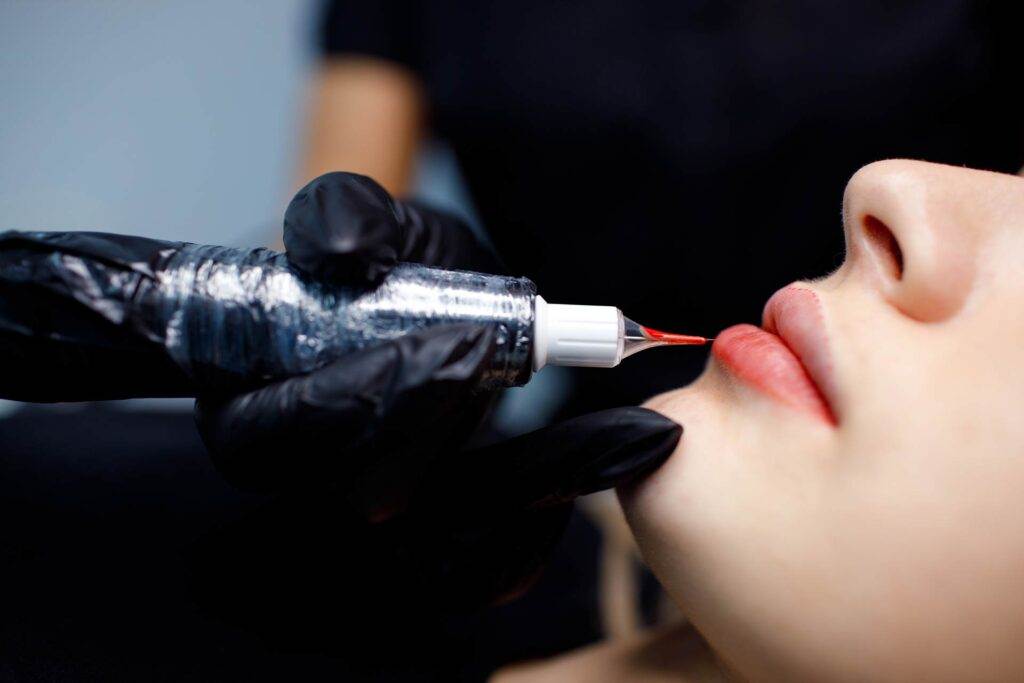
Immediate Aftercare: The First 24-48 Hours
The first 24-48 hours after receiving a cosmetic tattoo are crucial for setting the stage for proper healing. During this time, the skin is most sensitive and prone to infection, so it’s essential to take extra care of the treated area.
Keep the Area Clean
Gently cleanse the area with a mild, fragrance-free cleanser as recommended by your artist. Avoid using any harsh soaps or cleansers that could irritate the skin. Pat the area dry with a clean, soft cloth or tissue.
Avoid Touching the Area
Touching the tattooed area with unwashed hands can introduce bacteria and increase the risk of infection. Resist the urge to touch, scratch, or pick at the treated area, as this can disrupt the healing process and cause pigment loss.
Apply Healing Ointment
Your artist will provide a healing ointment to apply to the tattooed area to keep it moisturized and promote healing. Follow their instructions carefully on how often to apply the ointment, and avoid using any products not recommended by your artist.
Avoid Water and Excess Moisture
For the first 48 hours, avoid getting the tattooed area wet, as excess moisture can interfere with the healing process. This includes avoiding swimming, saunas, and exposure to excessive steam or sweat.
Limit Sun Exposure
Direct sunlight can cause the pigment to fade prematurely and may irritate the healing skin. If you must go outside, wear a hat or use sunscreen with a high SPF to protect the area from UV rays.

Ongoing Aftercare: The First Week
After the initial 48 hours, your skin will still be in the healing phase, and it’s important to continue following your aftercare routine to ensure the best results.
Continue Applying Healing Ointment
As your skin heals, it’s essential to keep the tattooed area moisturized. Apply the recommended healing ointment as instructed by your artist, and avoid using any other products that could interfere with the healing process.
Avoid Makeup on the Treated Area
While it may be tempting to apply makeup to cover any redness or swelling, it’s essential to avoid applying makeup directly to the treated area during the healing process. Makeup can introduce bacteria and irritate the healing skin, which could lead to infection or pigment loss.
Avoid Picking or Scratching
As the tattoo heals, it’s normal to experience some flaking or scabbing. Resist the urge to pick at the scabs or scratch the area, as this can disrupt the healing process and cause the pigment to fade unevenly.
Avoid Activities That Cause Excessive Sweating
While light exercise is generally fine after the first few days, avoid intense workouts or activities that cause excessive sweating for at least a week. Sweat can interfere with the healing process and cause irritation.
Stay Hydrated
Drinking plenty of water and staying hydrated helps promote healthy skin and can aid in the healing process.
Long-Term Aftercare: Maintaining Your Cosmetic Tattoo
Once your cosmetic tattoo has fully healed, proper long-term care will help ensure that your results last as long as possible. Here are some tips for maintaining your cosmetic tattoo over time:
1. Wear Sunscreen:
UV exposure is one of the leading causes of pigment fading. To protect your cosmetic tattoo from sun damage, always apply a high SPF sunscreen to the treated area when going outside. This is especially important for tattoos on the face, such as eyebrows and lips.
2. Moisturize Regularly:
Keeping your skin moisturized can help maintain the vibrancy of the pigment and prevent the skin from becoming dry or flaky. Use a gentle, fragrance-free moisturizer to keep the area hydrated.
3. Schedule Touch-Ups as Needed:
Cosmetic tattoos are semi-permanent, meaning they will gradually fade over time. To maintain your desired look, you may need to schedule touch-up appointments every 1-3 years, depending on the area and your skin type. Regular touch-ups help refresh the color and ensure that your tattoo stays looking its best.
4. Avoid Harsh Skincare Treatments:
If you regularly undergo facial treatments, such as chemical peels or microdermabrasion, be sure to avoid these treatments on or near the tattooed area. Harsh treatments can cause the pigment to fade more quickly and may damage the skin.
Common Aftercare Mistakes to Avoid
To ensure the best results from your cosmetic tattoo, it’s important to avoid common aftercare mistakes that could interfere with the healing process or cause complications:
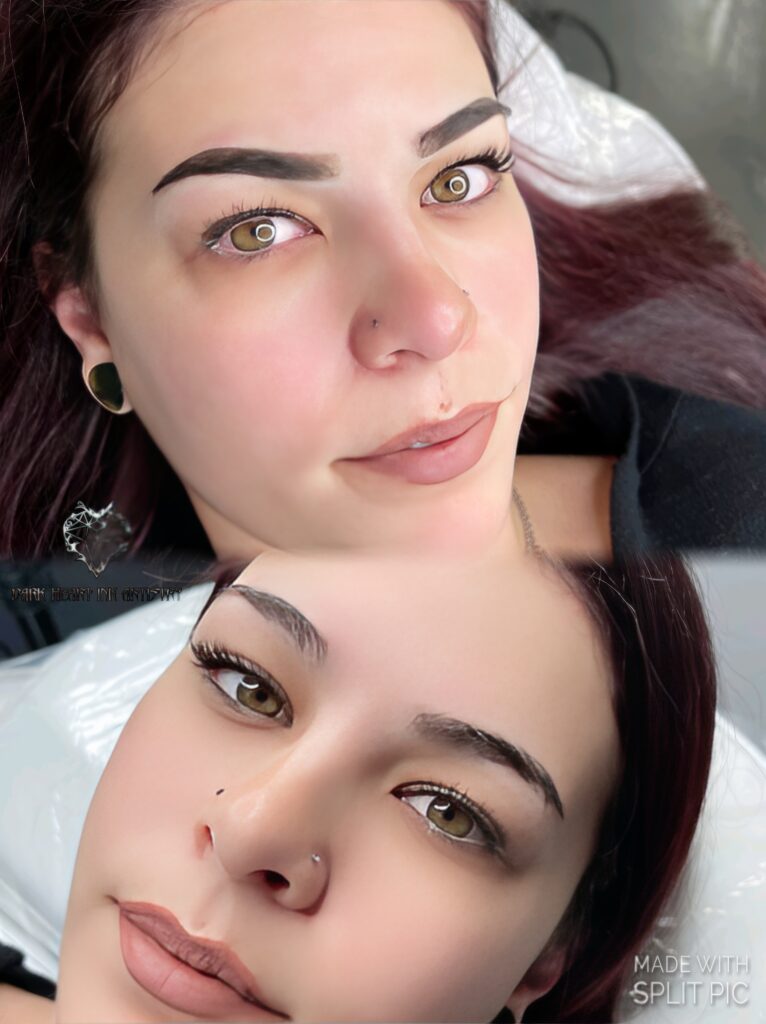
Using Harsh Skincare Products
Avoid using exfoliants, retinoids, or other harsh skincare products on the tattooed area during the healing phase. These products can cause irritation and interfere with the healing process.
Ignoring Aftercare Instructions
Each artist may have slightly different aftercare recommendations based on the type of cosmetic tattoo and the pigment used. Be sure to follow the specific aftercare instructions provided by your artist, and don’t hesitate to reach out if you have any questions or concerns.
Exposing the Area to Water Too Soon
Water exposure during the healing phase can lead to infection and pigment loss. Avoid swimming, saunas, and excessive sweating for at least a week after your procedure.
Conclusion
Proper aftercare is essential for achieving long-lasting, beautiful results from your cosmetic tattoo. By following these tips and adhering to the aftercare instructions provided by your artist, you can ensure that your cosmetic tattoo heals properly and maintains its vibrancy for years to come. If you have any questions or concerns about aftercare, don’t hesitate to reach out to an experienced artist like Amy Alfaro at Dark Heart Ink for guidance.

